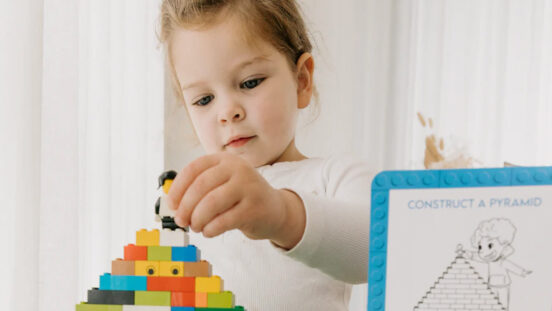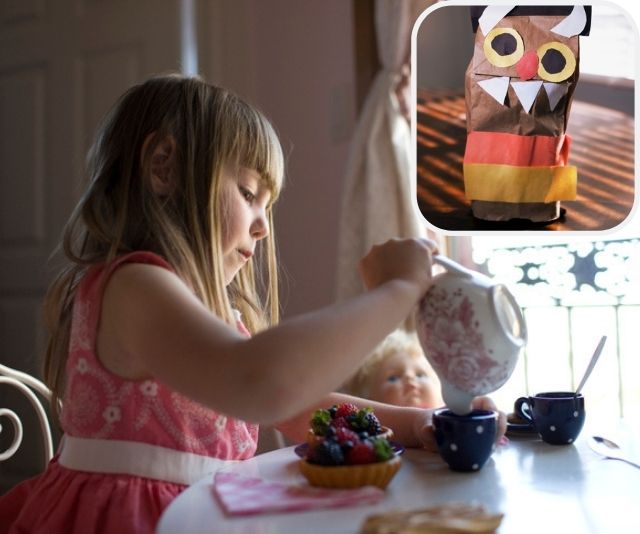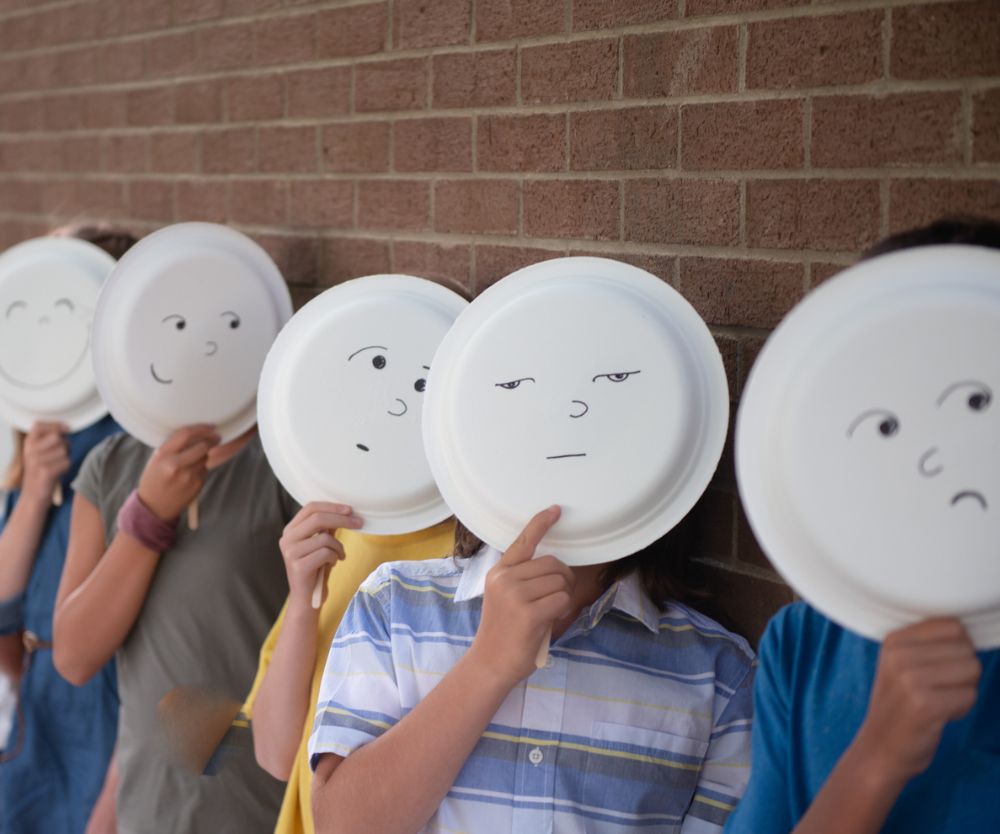Learning to share is an important social milestone, but it’s often a tough one
Here's how to bring out your little one's more generous side.
As you watch your offspring battle with his friends over his toys, it may be hard to believe that his selfishness is merely a phase. But don't worry too much – even the nicest of children have problems sharing at some point.
Why won't he share?
As a baby, your child was probably a natural sharer, handing you his rattle or thrusting his half-chewed rusk into your mouth at every opportunity. According to Dr Dale Hay, developmental psychologist at the University of Cambridge, babies 'share' as a way of communicating and bonding. "Babies have a powerful emotional impulse to interact harmoniously," he explains.
But reaching toddlerhood brings great changes in the way he interacts with the world, and this affects his behaviour. As your child begins to understand and use language more, sharing becomes less necessary as a means of communication, and you may suddenly discover him swiping toys from other children or have screaming fits if anyone touches his precious possessions.
At the same time, he's learning to be wary – he realises that not everything he shares comes back. The arrival of a new baby can also dampen generosity – particularly when the baby starts to help himself to treasured possessions!
From around two and a half, children often become more territorial and aware of what belongs to whom. This is a very positive stage – although it may have difficult consequences – because it means your child is developing a sense of identity.

How to generate generosity
With a little know-how, you can nurture an urge to share in your child.
- Try to lead by example – offer him a taste of your sandwich, let him see you sharing your possessions with your partner or friends, or ask if you can play with his new teddy. 'A sharing family will have children who share,' says Dr Hay.
- Talk to him about why it's good to share. If a friend starts to play with his toy, explain that he hasn't got one, and ask your child if it's OK for his friend to play with it.
- Set boundaries – your child needs to learn he isn't allowed to play with everything, and that some things are dangerous or belong to other people.
WATCH: Jenna Dewan Tatum and James Corden take a dance lesson from toddlers and it's freaking adorable. Continues after video …
- Let your child decide which of his possessions are not for sharing. Let him put some of her precious toys away in a cupboard and say he can play with them when his friend has gone. Forcing him to part with a beloved toy will only cause resentment and a greater urge to keep it for himself.
- Be consistent in your approach by adopting rules, such as returning a snatched toy to the child who had it first (without snatching it yourself) or using an egg timer to time each child's turn.
- If a fight breaks out, try finding another toy and encourage your child to ask his friend if he wants to swap – children can learn negotiating skills from an early age.
- Get him to think about the words he can use to express his feelings instead of just grabbing. This will help him to develop important social skills.
- Always praise him when he does share with others. Soon your child will discover that playing together is more enjoyable than playing apart – far from being a chore, sharing is fun!




